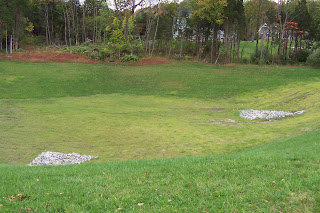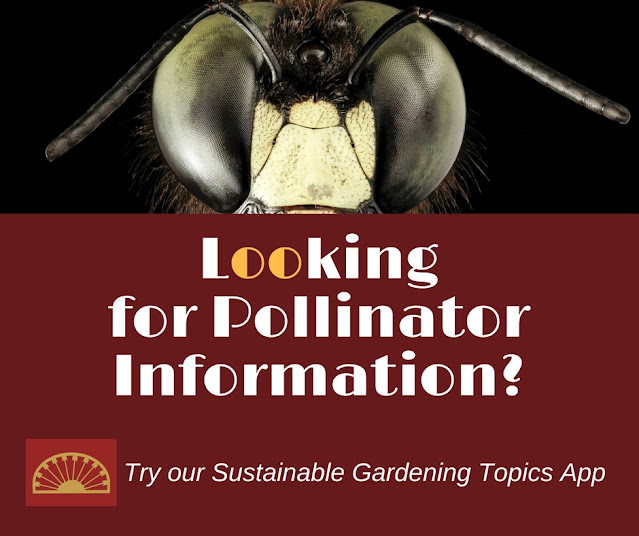Recycling Water – One Drop at a Time

Landscape Architect Marcus de la Fleur, with the co-operation of his landlord, has turned his rental home in Elmhurst, Illinois into a small laboratory/demonstration project where he has created small-scale solutions to recycling water that any homeowner can duplicate. He gave an exciting presentation at the Land Ethics Symposium, sponsored by Bowman’s Hill Wildflower Preserve www.bhwp.org (see previous entry), that made me want to run right home and start trying some experiments of my own.
Best of all, his gravel grass segment provided a solution for a problem that has stumped us ever since we added onto our house. There is a small area at the end of our flowerbed that adjoins the gravel driveway on one side and our very green berm on the other. I wanted a visually continuous, smooth, green, swath to connect the berm to the flowerbed. The problem is that we need to occasionally use this space for extra parking, so we had it graveled and it has remained displeasing to the eye no matter what we’ve tried to do there. Marcus’ solution is to simply top the gravel with a layer of sand (which we just happen to have a pile of, from another project) and plant drought-tolerant grasses and clover. The resulting “grass pavement” can take light traffic. I can’t wait to get started!
Marcus’ own website, www.delafleur.com/168_Elm/index.htm is a marvel of handouts, instructions, and video clips that show the real-world results of his experiments in sustainable living. He offers green roof, rain barrel, porous pavement, rain garden, gravel grass, cistern and bioswale treatments for handling rain water, stormwater, and runoff --- landscape solutions that work equally well on small suburban lots like Marcus’ or on larger properties.
While his website deals primarily with the practical matters of responsibly handling and cleaning stormwater, he notes that the native vegetation he planted in the rain garden and bioswale has attracted more and more wildlife, including songbirds, butterflies, bees, and other insects.
Marcus’ message is that the health of our environment depends on the quality of our water and that each of us can make a difference.

